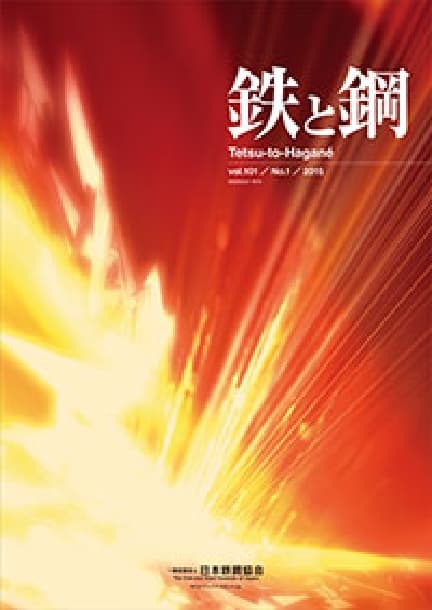A method for estimating the cutting force was studied on the low alloy steels machined with the cutting speed which formed a built-up edge.
At first, the width of the chip shear region(Ws) and the tip radius of the built-up edge(Br) were measured with a micro-machining device. The correlation of them with the hardness of work materials(H) and the cutting speed(V) was obtained.
In the second place, the deformation resistance of the chip shear region (Kfs) and that of the built-up edge(Kfb), which were obtained by the analysis of the previous experimental results, were also correlated with H and V.
Multiple regression analysis was applied between the components of cutting force and the five factors of Br, Ws, Kfs, Kfb and microstructual one. It gave the equations to estimate the cutting forces(principal force, side force and thrust force) from H and V. A good correlation was found between the calculated and the measured values.










